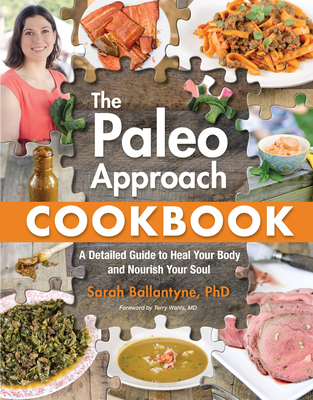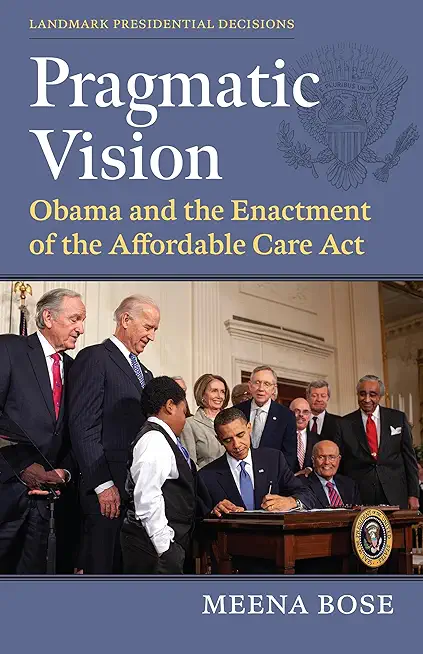
Cooke, Anne
We hope that this report will contribute to a fundamental change that is already underway in how we as a society think about and offer help for 'psychosis' and 'schizophrenia'. For example, we hope that in future services will no longer insist that service users accept one particular view of their problem, namely the traditional view that they have an illness which needs to be treated primarily by medication. The report is intended as a resource for people who work in mental health services, people who use them and their friends and relatives, to help ensure that their conversations are as well informed and as useful as possible. It also contains vital information for those responsible for commissioning and designing both services and professional training, as well as for journalists and policy-makers. We hope that it will help to change the way that we as a society think about not only psychosis but also the other kinds of distress that are sometimes called mental illness.
This report was written by a working party mainly comprised of clinical psychologists drawn from the NHS and universities, and brought together by their professional body, the British Psychological Society Division of Clinical Psychology. This report draws on and updates an earlier one, Recent Advances in Understanding Mental Illness and Psychotic Experiences, which was published in 2000 and was widely read and cited. The contributors are leading experts and researchers in the field; a full listing with affiliations is given at the end of the report. More than a quarter of the contributors are experts by experience - people who have themselves heard voices, experienced paranoia or received diagnoses such as psychosis or schizophrenia. At the end of the report there is an extensive list of websites, books and other resources that readers might find useful, together with list of the academic research and other literature that the report draws on.







